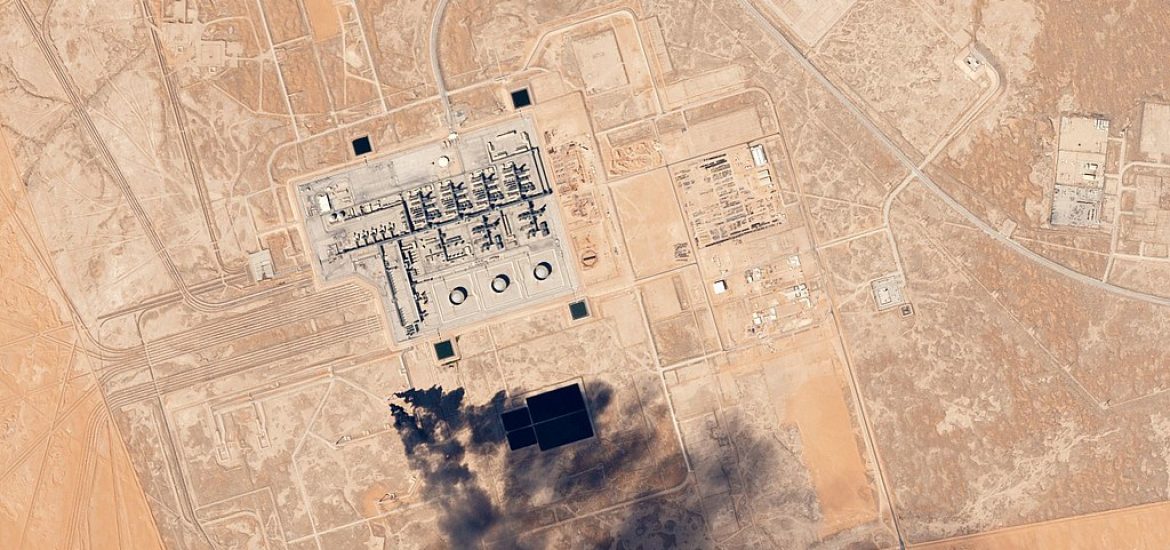
Investment banking giant Goldman Sachs has boosted its second-quarter Brent crude price forecast by 11.5 per cent from US$65 per barrel to US$72.50 per barrel.
It blamed Opec’s output slump, Washington’s sanctions on Venezuela and Iran and disappointing US shale production figures.
Venezuelan chaos, Iran sanctions and near civil war in Libya had helped send US oil prices above US$64 a barrel, analysts said.
Goldman reported: ”Oil prices have ground higher over the past month, with Brent now trading above US$70 per barrel and at its highest level since November.
“We view current prices and the 28 per cent Brent rally this year as fundamentally driven and justified: reflecting a global market deficit that has been larger than even we had expected, achieved through backwardation and despite only modest speculative sponsorship,” it added.
The US Energy Information Administration (EIA) has also raised forecasts for crude oil prices this year, according to its Short-term Energy Outlook report. The EIA forecasts this year that US crude production would reach 12.4 million barrels per day, an increase of 0.7 per cent from last month.
Brent, the global benchmark, was trading above US$71 per barrel yesterday (Tuesday).
The 2019 average price for Brent is now forecast at US$66 per barrel, compared with US$62.50 per barrel in 2018.
The US-based bank blamed Saudi Arabia for the global oil market deficit.
Clashes in Libya have endangered its 1.3 million barrels per day production. Libya’s UN-recognised government in Tripoli said it had repelled an attack by General Khalifa Haftar-led rebels over the weekend after briefly losing possession of Tripoli’s airport.
Last month, Opec cut back oil output by 570,000 barrels per day from February’s production. Opec’s biggest producer, Saudi Arabia, cuts were largely responsible for the output slump, S&P Global Platts reported in a study.
The report said Saudi Arabia dropped its production by 280,000 barrels per day in March to 9.87 million barrels per day, its lowest output since February 2017.
“The expected impact of the Venezuelan and Iranian sanctions on global heavy crude output, and hence fuel oil supply, has been likely priced in for now and this leads us to find the most compelling Brent-Dubai opportunity in deferred differentials,” the investment bank opined.
Khurais Oil processing plant. Saudi Arabia is key to controlling prices. Picture credit: Wikimedia





